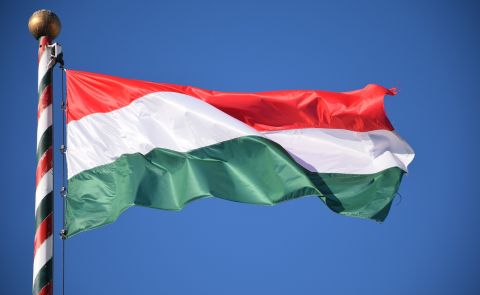
Azerbaijani Officials Receive Ukrainian and Russian Delegations in Baku

The meeting between Azerbaijani Deputy FM and the head of Ukraine-Azerbaijan inter-parliamentary friendship group Vladimir Kreydenko
On February 27, Khalaf Khalafov, the Deputy Minister of Foreign Affairs of the Republic of Azerbaijan, met with the delegation headed by Vladimir Kreydenko, the head of the Ukrainian-Azerbaijan inter-parliamentary friendship group of the Verkhovna Rada of Ukraine, who was on a visit to Baku, the Press Office of the Azerbaijani Foreign Ministry reported.
The meeting discussed prospects for developing bilateral cooperative relations between Azerbaijan and Ukraine and regional security issues.
At the meeting, it was emphasized that the current political dialogue plays an important role in developing relations between the two countries based on the principles of international law, including the principles of sovereignty, territorial integrity, and inviolability of international borders. Activities of the Azerbaijan-Ukraine inter-parliamentary friendship groups operating in the Milli Majlis of the Republic of Azerbaijan and the Ukrainian-Azerbaijani inter-parliamentary friendship groups operating in the Verkhovna Rada of Ukraine were highly appreciated in the expansion of relations between Azerbaijan and Ukraine.
"Deputy Minister Khalaf Khalafov also informed the other party in detail about the steps taken by our country towards the implementation of the peace agenda in the region and the normalization of relations between Armenia and Azerbaijan," the report added.
Vladimir Kreydenko expressed his gratitude to the Azerbaijani state and people for the position of the Azerbaijani side and the humanitarian aid provided.
The meeting between the Azerbaijani and Russian Foreign Ministers
On February 28, Jeyhun Bayramov, the Minister of Foreign Affairs of Azerbaijan, received a delegation led by Sergey Lavrov, the Minister of Foreign Affairs of Russia, within the framework of his official visit to Azerbaijan.
"In the '3 + 3' format, participants in the South Caucasus platform keep the door open for Georgia, which has yet to join Azerbaijan, Armenia, Iran, Russia, and Turkey," Foreign Minister Sergey Lavrov said. "So far, only one meeting of this mechanism has been held, and our Georgian neighbors have refrained from participating. But we agreed that we will always keep the doors open for Tbilisi, and this remains relevant in preparing the second meeting [the South Caucasus platform] at this stage," Lavrov said. According to the head of the Russian diplomacy, the 3+3 consultative format is very promising and in demand, primarily since it is very important to exclude the destructive interference of external players, who sometimes do not want to see a sustainable regional security system in the South Caucasus in the future and are trying to influence these processes.
"In relations with Azerbaijan, I will especially note honesty. We are not trying to gloss over where our positions do not coincide. We honestly express the nuances and solve them, but honestly. This is reflected in the declaration [on allied cooperation between Russia and Azerbaijan]," Lavrov added. "Russia is interested in a stable, peaceful South Caucasus, and we are working to reconcile the two brotherly nations for us. The signed trilateral documents create a solid foundation for normal relations between Armenia and Azerbaijan. Moscow is ready to provide any support for signing a peace agreement between Azerbaijan and Armenia," Lavrov confirmed. "We do not oppose other parties supporting these issues, primarily under a peace treaty. However, this is only possible if done sincerely to establish sustainable peace here," the official added.
"The Expert Council of the two countries has become a platform for effective cooperation," Azerbaijani Foreign Minister Jeyhun Bayramov stated. "Such a dialogue is a good exchange of views for us. These are always new ideas and opinions, expert assessments," the head of the Foreign Ministry said. According to him, relations of strategic cooperation have developed between Azerbaijan and Russia, the basis of which is the mutual understanding of the leaders of both states.
Azerbaijan President received Russian Foreign Minister
On the same day, President Aliyev received Russian FM Sergey Lavrov.
Aliyev stated, "I do hope that 2023 will be a year of progress in the normalization of relations between Azerbaijan and Armenia. Or at least we hope so. I would like to thank the Russian government and you personally for your active involvement in this process. I think that Russia, as our friend, ally, and neighbor, has a special role in helping regulate interstate relations between Azerbaijan and Armenia. Last year, a substantial effort was made in this direction, and documents defining the conceptual nature of the future peace agreement, namely the mutual recognition of the territorial integrity and sovereignty of the two countries, were adopted. This was confirmed by the documents adopted in Prague and Sochi last October. These documents have laid the foundation that can be used for reaching a peace agreement. In any case, we are determined to do positive and constructive work together with the Armenian side and our friend and neighbor, Russia, to quickly turn the page of this hostility and return peace to the South Caucasus."
Sergey Lavrov said: "I completely agree with you that the indicators of the recovery of visits by our citizens further demonstrate this situation and our efforts to develop relations in the humanitarian and educational sectors. We appreciate your personal and your government's attention to supporting the Russian language and creating all conditions for Azerbaijani citizens who wish to speak Russian and use it at work, as well as to give this opportunity to their children."
See Also

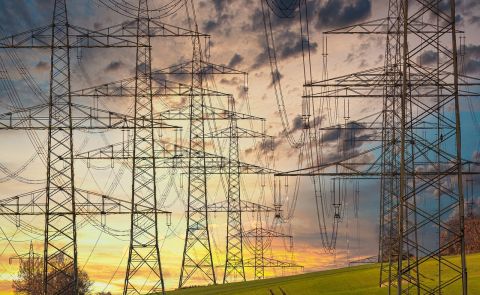
Energy Sector Milestones: Armenia Advances Key Power Infrastructure
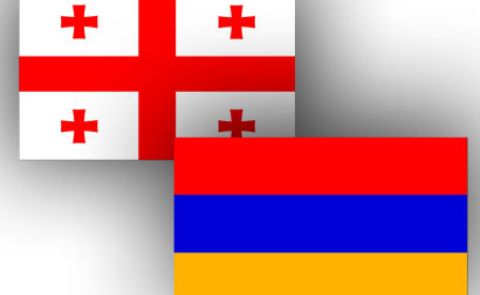
Armenia Temporarily Halts Brandy Exports Amid Georgian Border Congestion
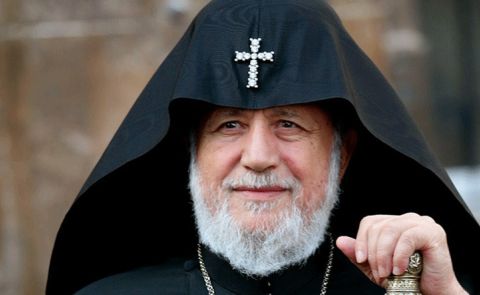
Political and Religious Conflict Intensifies Over Armenian Apostolic Church Leadership
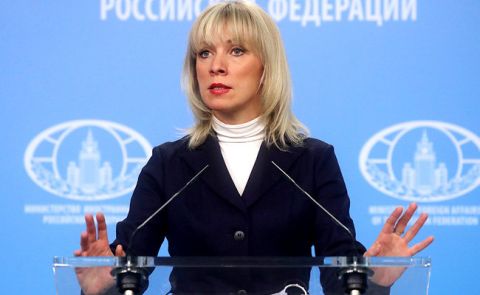
Maria Zakharova Warns Azerbaijan to Respect Russia’s Sensitivities on NATO Expansion, Criticizes EU Mission in Armenia
